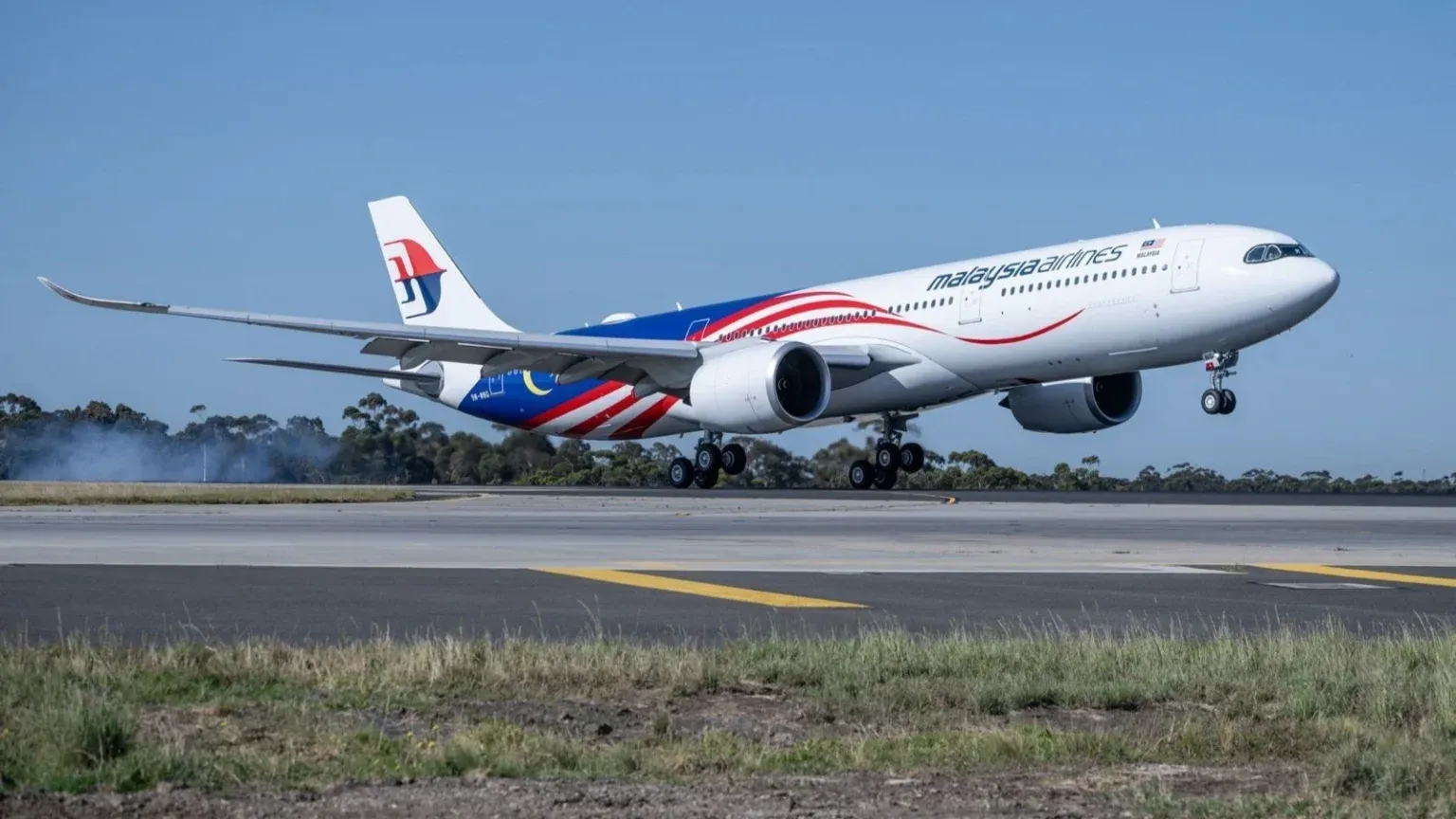
Malaysia Airlines New A330 Grounded: Airbus and Rolls-Royce To Blame
Dec 24, 2024

Malaysia Airlines' new Airbus A330 aircraft have been grounded due to issues linked to their engines, which are supplied by Rolls-Royce. Technical problems have emerged, prompting widespread scrutiny of both manufacturers. The grounding has caused significant operational challenges for the airline, impacting flight schedules and passenger travel plans. As investigations proceed, Malaysia Airlines is working closely with Airbus and Rolls-Royce to resolve the situation and ensure the safety and reliability of its fleet. The incident underscores ongoing concerns regarding aircraft engine performance and the implications for airline operations worldwide.
Background of the Incident
Recently, Malaysia Airlines faced significant operational challenges due to the grounding of its new Airbus A330 aircraft. This situation has raised concerns regarding the reliability of both Airbus and Rolls-Royce, the companies responsible for manufacturing and maintaining these aircraft. The grounding was primarily attributed to engine issues, which have sparked a flurry of discussions in the aviation industry.
Engine Issues and Their Consequences
The A330 aircraft, equipped with Rolls-Royce engines, experienced technical difficulties that rendered them unsuitable for flight. These engine malfunctions can lead to severe operational disruptions, impacting not only flight schedules but also customer satisfaction. The grounding of these planes has resulted in:
- Flight cancellations and delays.
- Financial losses for Malaysia Airlines.
- Increased scrutiny on the reliability of Airbus and Rolls-Royce.
Financial Impact on Malaysia Airlines
The financial repercussions of grounding the A330 fleet are substantial. Malaysia Airlines has reported a significant decrease in revenue due to canceled flights and customer refunds. According to recent estimates, the financial impact could amount to millions of dollars. The grounding of the fleet has also affected the airline's reputation, as it struggles to maintain its service quality amidst operational challenges.
Table: Financial Impact Overview
| Category | Estimated Loss (in USD) |
|---|---|
| Flight Cancellations | $3 million |
| Customer Refunds | $1.5 million |
| Operational Disruptions | $2 million |
| Total Estimated Loss | $6.5 million |
Responsibility of Airbus and Rolls-Royce
The incident has raised critical questions about the accountability of Airbus and Rolls-Royce. As leading manufacturers in the aviation sector, both companies are expected to uphold the highest standards of quality and safety. The following points illustrate their responsibilities:
- Quality Assurance: Both manufacturers must ensure that their aircraft and engines undergo rigorous testing and quality checks.
- Maintenance Support: Ongoing support and maintenance for the engines should be readily available to airlines to prevent operational issues.
- Transparent Communication: Airbus and Rolls-Royce must maintain open lines of communication with airlines regarding potential issues and solutions.
Long-Term Implications for Malaysia Airlines
The grounding of the A330 fleet could have long-term implications for Malaysia Airlines. To regain customer confidence and restore its reputation, the airline may need to:
- Enhance its customer service strategies to address passenger concerns.
- Invest in a more diversified fleet to reduce reliance on specific aircraft.
- Work closely with Airbus and Rolls-Royce to ensure that similar issues do not arise in the future.
Chart: Customer Satisfaction Trends
The grounding incident has led to a noticeable decline in customer satisfaction. The chart below illustrates the customer satisfaction trends over the past year.
| Month | Customer Satisfaction (%) |
|---|---|
| January | 85 |
| February | 82 |
| March | 80 |
| April | 78 |
| May (Post-Grounding) | 65 |
Future Steps for Resolution
To mitigate the current crisis, Malaysia Airlines must take proactive steps. Collaboration with both Airbus and Rolls-Royce is essential to ensure that the A330 issues are resolved promptly. Additionally, the airline can consider the following strategies:
- Engaging with passengers: Malaysia Airlines should communicate transparently with passengers about the situation and the steps being taken to resolve it.
- Offering compensation: Providing compensation for affected passengers can help rebuild trust and loyalty.
- Reassessing fleet strategies: The airline should evaluate its current fleet and consider diversification to minimize risks associated with reliance on a single aircraft type.
Conclusion
In conclusion, the grounding of Malaysia Airlines’ A330 fleet highlights critical issues related to the reliability of Airbus and Rolls-Royce. The financial impact, customer satisfaction decline, and long-term implications underscore the need for these companies to prioritize quality and support. As Malaysia Airlines navigates this challenging situation, it must focus on restoring passenger trust and ensuring operational stability for the future.
Related Articles

Explore Thailand: The Best Islands to Visit for Paradise, Adventure, and Relaxation

The Ultimate Guide to the Best Islands in Thailand for Your Next Getaway

Do babies need passports? How to get a passport for a newborn

How to get a U.S. passport fast: here’s how to expedite the process

What is Mobile Passport Control: 5 reasons why you should use it

SENTRI vs. Global Entry: A detailed guide

Do you need a passport to go to the Bahamas? Let’s find out

Do you need a passport to go to Mexico? A detailed guide

Do you need a passport to go to Canada? We got the answer

Do You Need a Passport for a Cruise: An Essential Travel Guide

Booster Seat Requirements: All the Rules to Follow in Your Rental Car

What Are the World’s Most Powerful Passports, and How Does Yours Rank?

How to Take a Passport Photo at Home: A Helpful Guide

You've got to have heart! Southwest's new livery

Your opinion: Should water be free on low cost carriers?

Young women bolder than guys as solo travellers
